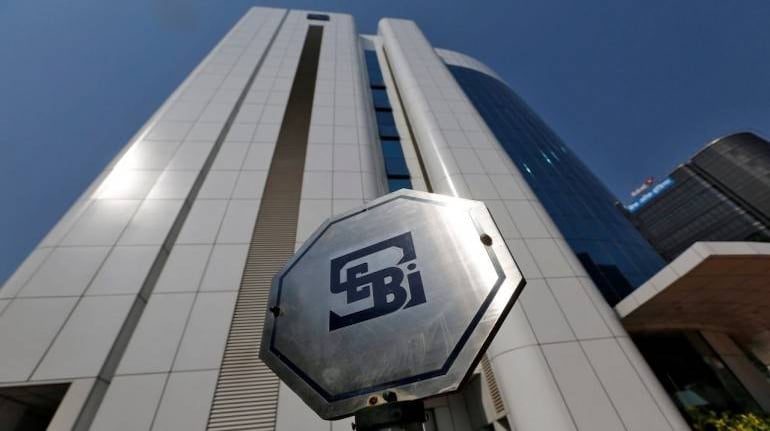



Ravi Krishnan
The road to hell is paved with good intentions. The Securities and Exchange Board of India’s (SEBI’s) proposed tightening of foreign portfolio investment (FPI) norms is laudable for its intent to curb money laundering and round tripping of foreign funds, but it is not well-drafted and could not have come at a worse time.
The circular, which was released on April 10, calls for a certain category of FPIs such as trusts, banks, charities, mutual funds, investment managers and so on to disclose their beneficial owners. Such beneficial owners are those who have ownership or entitlement interest of at least 25 percent for companies and 15 percent for partnership firms and trusts. In so-called high risk jurisdictions, the threshold for a beneficial owner is lowered to 10 percent. In case no single entity meets these thresholds, then a senior managing official of the FPI is the designated beneficial owner.
More importantly, the circular curbed non-resident Indians (NRIs), overseas citizens of India (OCIs) and persons of Indian origins (PIOs) from having beneficial ownership or control as investment manager. Also, if the combined ownership of these beneficial owners investing through multiple FPIs exceed 10 percent, the investment will be treated as foreign direct investment, or the stake has to be brought down.
There are multiple problems with this circular. SEBI has not clearly stated its thinking behind these norms. In one fell stroke, the circular seems to suggest that all the FPI investment vehicles with NRIs, PIOs or OCIs as beneficial owners or investment managers are illegal. It discriminates against Indian professionals. In many cases, investment vehicles would choose Indian investment managers for the expertise they bring for investing in the country.
The clubbing of limits can be problematic in case of foreign fund managers who invest through multiple investment vehicles in Indian stocks. These multiple funds could have a single senior official as the designated beneficial owner. In cases where their combined investment exceeds 10 percent, it has to be pared or restructured leading to a sell-off.
What is a high-risk jurisdiction? It is very well to say that these are countries with a known history of money laundering and funding terrorism activities etc. SEBI has neither named the countries, nor has it issued clear definitions. It has instead outsourced the definition of high-risk jurisdictions to custodian banks, who apply their own set of standards in the absence of clear directions from the regulator.
News reports said that the five custodian banks together put together a list of 25 high-risk nations that included China, Mauritius and the UAE, but are unwilling to endorse it publicly because it would hurt their business interests. This even prompted the Financial Services Commission of Mauritius to meet SEBI seeking assurances that it won’t be placed on such a list. Now, it seems that SEBI will define these high-risk nations as those which are not members of the Financial Action Task Force (FATF), a club of nations formed to fight money laundering. Clarity would be welcome.
The Asset Managers Roundtable of India (AMRI) has said that these measures, unless withdrawn, could lead to an outflow of as much as $75 billion in FPIs. That’s a hefty chunk of the $425 billion of assets under custody of the FPIs as on August 15.
SEBI has called the $75 billion number preposterous. It could very well be an exaggeration, but it is anybody’s guess on what the actual outflows will be. Even a small outflow to begin with could set off a cycle of sell-offs.
Equity valuations are already at their highest in the last 10 years and investors would not need much reason to sell.
Such outflows, if they materialise, could not occur at a more inopportune time. India is battling increasing external sector vulnerabilities. The rupee has slid to below 71 to a dollar thanks to global financial tightening and fears of contagion from Turkey and Indonesia. Trade wars add to the concern. Rising oil prices and growing domestic demand, which might spur more imports, will widen the current account deficit to as much as three percent of gross domestic product (GDP) by some estimates.
In such a scenario, SEBI would do well to wait for the HR Khan Committee report on the FPI norms before it takes any further steps. One step forward, two steps back will not help anyone and only add to panic in the markets.
Discover the latest Business News, Sensex, and Nifty updates. Obtain Personal Finance insights, tax queries, and expert opinions on Moneycontrol or download the Moneycontrol App to stay updated!
Find the best of Al News in one place, specially curated for you every weekend.
Stay on top of the latest tech trends and biggest startup news.